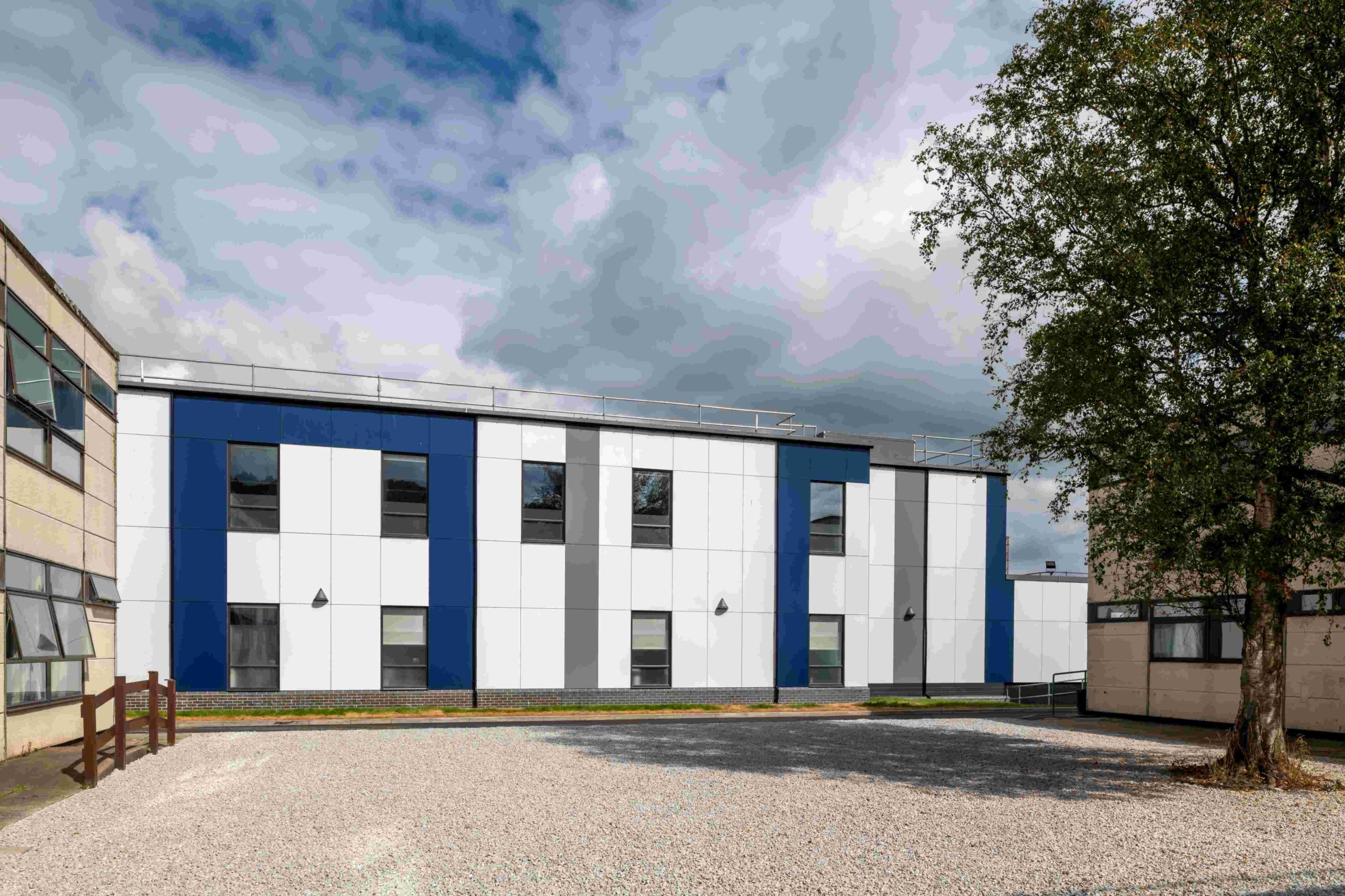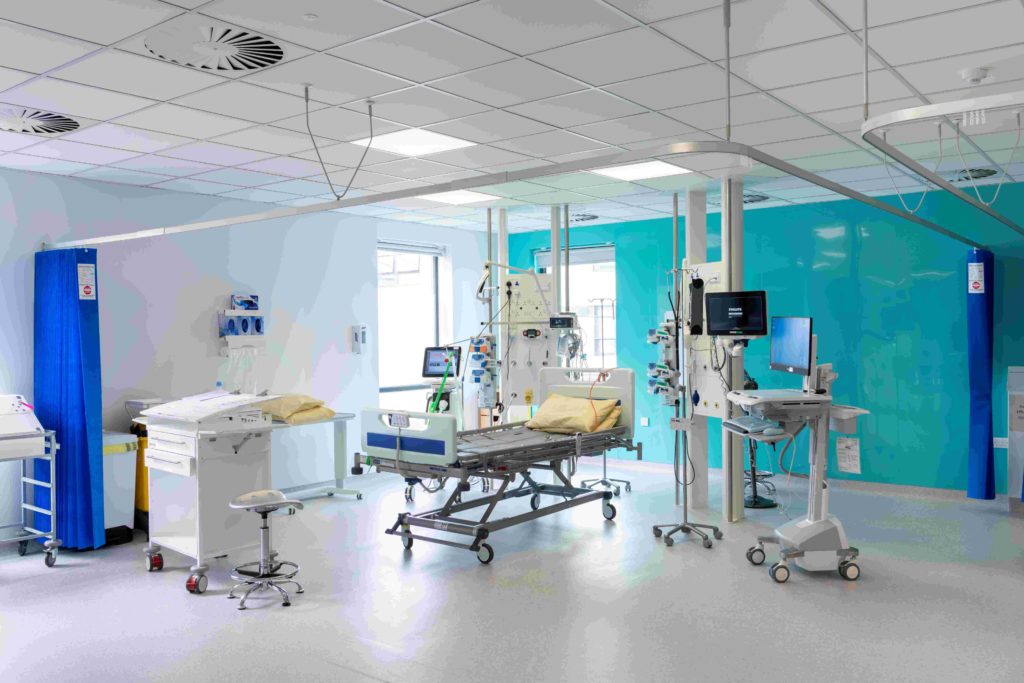NHS requires system-wide flexible strategy to secure estates and buildings future: new report

Report highlights importance of modular buildings to combat NHS backlogs and sets out five key areas where the NHS can build sustainability into its long-term future.
Harnessing the potential of flexible modular buildings to directly reduce the NHS backlog of some 7.6 million individual cases can help transform the future of the service and make it secure for the long term, according to a report published today by healthcare facilities experts Darwin Group and Portakabin.
The report, titled The End of the Waiting Line, was commissioned by Portakabin and endorsed by the NHS Trust membership organisation NHS Providers. It concludes that the ageing NHS estate, which carries an ongoing maintenance cost of £11 billion annually, can benefit directly from a holistic approach to the patient journey which factors in the use of adaptable clinical and non-clinical buildings to safeguard patient care, safety and staff support.
These flexible spaces can be added to existing hospital buildings in a matter of weeks, offering an instant solution to allow patients to be seen and treated more quickly.
The report also highlights five key steps which the authors believe can deliver greater sustainability for the NHS in the future. Beyond the adoption of a system-wide approach to securing the NHS Estate, it recommends increased collaboration between different NHS disciplines, a focus on workforce wellbeing by including a clinical perspective on staff management, a plan to actively consider the adaptability of existing NHS buildings to meet future needs and a major focus on reducing waste by active planning.
Nick Dawe, Director of Strategy and Transformation at Darwin Group, said: “As the new Labour administration seeks to put the future of the NHS at the centre of its policy agenda, the new report acts as an important reminder of the need to think holistically and flexibly about how the NHS is managed. Eating into the incredibly high list of patients waiting to be treated is a critical priority to ensure the service is sustainable, and a cost-effective approach to integrating modular buildings and spaces, whether used for operations or other forms of patient care, is vital to achieving that reduction.”
According to the report, thinking actively about the adaptability of NHS Estates via early engagement and improved collaboration, alongside the inclusion of clinical strategies as a ‘golden thread’ during capital building projects, is among the most important actions in reducing waste during the patient care journey and building resilience into the NHS for the future. It concludes that smart ways of planning for capital expenditure can result in a higher degree of NHS sustainability.

“Waste is one of the most important problems the NHS needs to address in order to make itself fiscally and operationally sustainable for the long term,” added Nick Dawe.
“The healthcare needs of our expanded population are a million miles from the NHS when it was founded. This means creative and lateral thinking is required to meet the current and future needs of the patients it serves. The astonishing speed and agility which was shown around the creation of Nightingale facilities during the COVID-19 pandemic is one example of the power of flexible facilities to predict and respond to escalating patient need.”
The report also makes the case for considering purpose-built facilities designed to optimise resources to be more energy-efficient and environmentally conscious. Ways to achieve this include reducing the number of buildings which are no longer suitable for clinical use and focusing on adaptable strategies which directly impact waiting times and allow patients to be seen, diagnosed and treated more efficiently. By doing so, the NHS can not only reduce its impact on the environment, but be more flexible in adapting to the likely future needs of individuals as the UK population continues to age and chronic diseases requiring ongoing management become more common.
“We understand the critical role that estates and facilities play in safeguarding the future of the NHS and its patients. For this reason, we are proud to launch the Five-Point Plan, The End of the Waiting Line, which has been timed to support the newly formed Government and health and care colleagues in addressing urgent system priorities,” said Dan Ibbetson, Chief Executive Officer, Portakabin
“To strengthen our healthcare expertise, Portakabin acquired Darwin Group last year, a specialist in healthcare construction with over 18 years of industry experience. This partnership has significantly enhanced our combined capacity and speed, enabling us to deliver high-quality clinical and non-clinical buildings swiftly to meet immediate NHS needs.”
The full End of the Waiting Line report can be accessed here.
